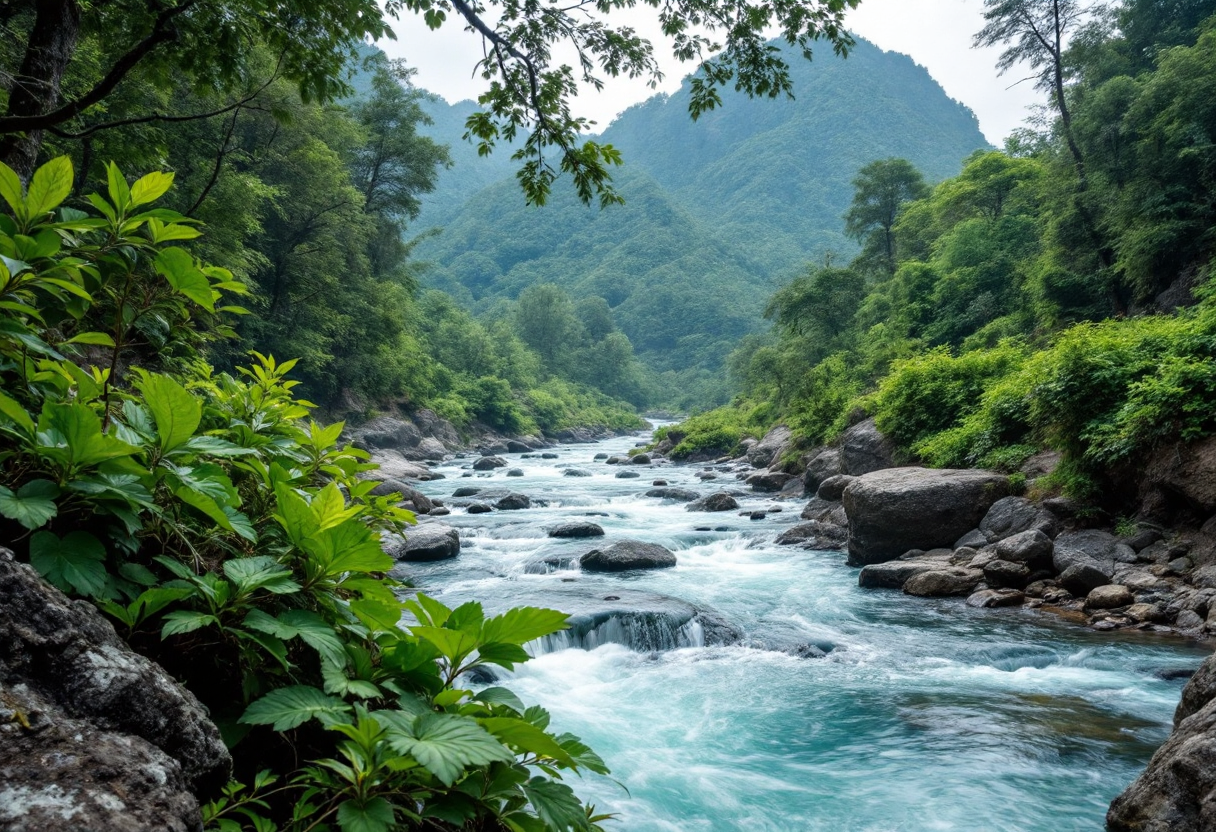Table of Contents
The Bad River Band of Lake Superior Chippewa is taking a stand against the proposed reroute of the aging Line 5 pipeline, a project they argue poses significant environmental risks. This northern Wisconsin tribe, alongside a coalition of environmental groups, has filed a lawsuit aimed at blocking the reroute, claiming that state regulators have failed to adequately assess the potential damage to local ecosystems.
Legal Action Against Environmental Oversight
In a recent move, the tribe filed a lawsuit in Ashland County, requesting a judge to halt the state Department of Natural Resources’ (DNR) environmental impact statement regarding the pipeline reroute. They are also seeking to overturn state construction permits granted for the project.
The tribe argues that Enbridge, the company behind the pipeline, has not demonstrated sufficient measures to minimize harm to waterways and wetlands, and that the DNR has underestimated the environmental impacts while overestimating the company’s ability to restore affected areas.
Community Voices and Environmental Concerns
Robert Blanchard, the chairperson of the Bad River Band, expressed deep concern over the DNR’s decision, stating, “In my view, the DNR failed our children when it gave Enbridge the permits to build this reroute.” He emphasized the tribe’s responsibility to protect future generations, highlighting the cultural significance of the land and its resources.
The tribe’s lawsuit is supported by various environmental organizations, including Clean Wisconsin and the Sierra Club, who are also calling for a hearing on the approvals.
Economic Implications and Job Creation
Enbridge has defended the reroute proposal, asserting that it has undergone extensive reviews and studies.
The company claims that the project will not only create over 700 jobs but also ensure the continued flow of energy essential for millions in the region. Line 5 is a critical pipeline, transporting approximately 87 million liters of oil and natural gas daily from Superior, Wisconsin, through Michigan to Ontario, Canada.
However, the tribe and conservationists argue that the construction would lead to pollution and perpetuate reliance on fossil fuels, undermining efforts to combat climate change.
The ongoing legal battle highlights the tension between economic development and environmental protection, a theme that resonates strongly with younger generations who prioritize sustainability. As the Bad River Band continues to fight for their land and resources, their actions serve as a reminder of the importance of environmental stewardship and the rights of Indigenous communities.




